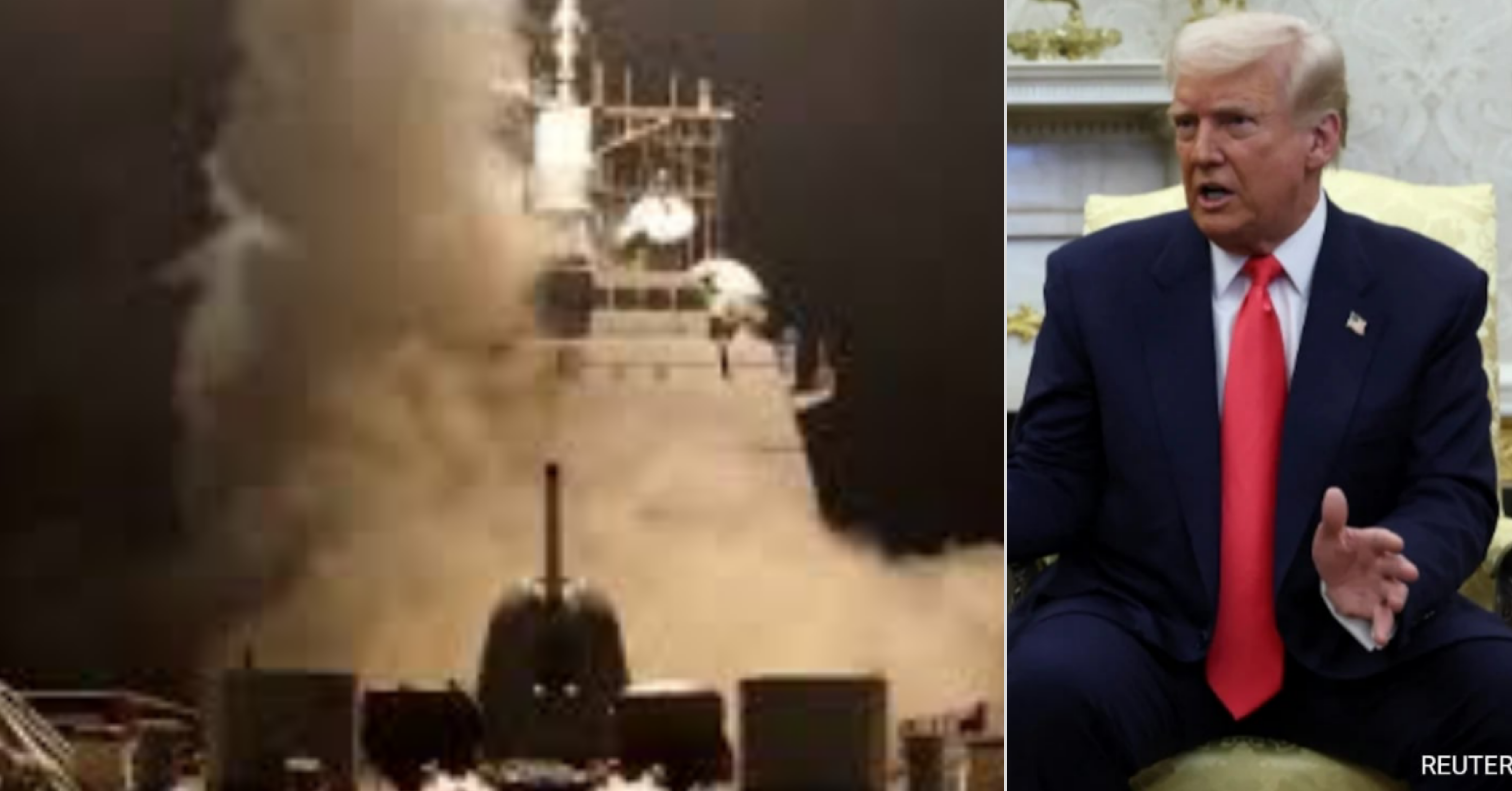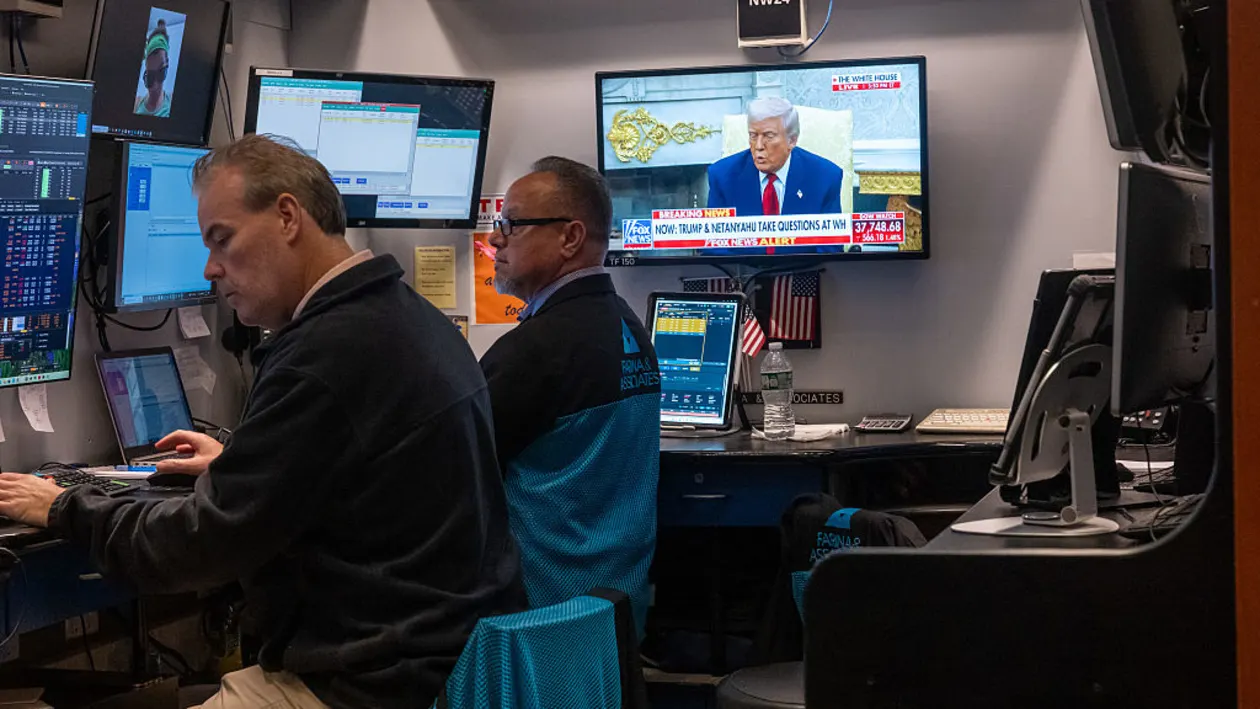
In a significant escalation of tensions in the Middle East, U.S. President Donald Trump authorized massive military strikes against Yemen’s Houthi rebels on Saturday, March 15, following their repeated attacks on Red Sea shipping lanes. The airstrikes, which targeted Iran-aligned Houthi positions, resulted in the deaths of at least 31 people and marked the beginning of a campaign expected to last several days. This move has drawn global attention to the ongoing conflict in Yemen, a country already ravaged by years of civil war and humanitarian crises.
The Context: Houthis, Yemen, and Regional Tensions
The Houthi rebels, officially known as Ansar Allah, have been a dominant force in Yemen since they seized the capital, Sanaa, in 2014. Their rise to power triggered a brutal civil war, with a Saudi-led coalition intervening in 2015 to support Yemen’s internationally recognized government. The conflict has since become a proxy war, with Iran backing the Houthis and providing them with weapons, training, and financial support.
Yemen’s strategic location, particularly its proximity to the Red Sea and the Bab el-Mandeb Strait, has made it a focal point for regional and global powers. The Houthis’ recent attacks on commercial shipping in the Red Sea have raised alarms, as this vital waterway is crucial for global trade, with an estimated 10% of the world’s oil passing through it.
The Trigger: Houthi Attacks on Red Sea Shipping
The immediate catalyst for the U.S. military intervention was a series of Houthi attacks on ships in the Red Sea. These attacks not only threatened international trade but also posed a direct challenge to U.S. interests in the region. President Trump, known for his assertive foreign policy, responded with a decisive show of force.
The airstrikes targeted Houthi military installations, weapon depots, and training camps, aiming to degrade their capabilities and deter further aggression. According to Reuters, the strikes killed at least 31 people, including Houthi fighters and civilians, raising concerns about the humanitarian impact of the operation.
Trump’s Warning to Iran
In addition to targeting the Houthis, President Trump issued a stern warning to Iran, the group’s primary backer. He demanded that Iran immediately cease its support for the Houthis, stating, “America will hold you fully accountable, and we won’t be nice about it!” This warning underscores the broader geopolitical stakes of the conflict, as the U.S. seeks to counter Iran’s influence in the region.
Iran has long been accused of supplying the Houthis with advanced weapons, including drones and ballistic missiles, which have been used to target Saudi Arabia and other Gulf states. The U.S. airstrikes in Yemen are seen as part of a broader strategy to curb Iran’s regional ambitions and protect American allies in the Middle East.
The Humanitarian Crisis in Yemen
While the military strikes have been framed as a necessary response to Houthi aggression, they also risk exacerbating Yemen’s already dire humanitarian situation. The country is facing one of the world’s worst humanitarian crises, with millions of people on the brink of famine and a healthcare system devastated by years of conflict.
The United Nations has repeatedly called for a ceasefire and a political solution to the conflict, warning that military escalation will only deepen the suffering of Yemen’s civilian population. The recent airstrikes have raised fears of further civilian casualties and displacement, adding to the challenges faced by humanitarian organizations operating in the region.
International Reactions
The U.S. military intervention in Yemen has elicited mixed reactions from the international community. While some countries have expressed support for the strikes as a necessary measure to protect global shipping, others have criticized the move as a dangerous escalation that could further destabilize the region.
Saudi Arabia and its allies have welcomed the U.S. action, viewing it as a boost to their efforts to counter the Houthis. On the other hand, Iran has condemned the strikes, accusing the U.S. of violating Yemen’s sovereignty and fueling the conflict.
What’s Next for Yemen?
The U.S. airstrikes mark a significant turning point in the Yemen conflict, but they are unlikely to bring an immediate end to the violence. The Houthis have proven resilient in the face of previous military campaigns, and their ties to Iran ensure that they will continue to receive support.
For Yemen, the path to peace remains fraught with challenges. A lasting resolution will require not only an end to the fighting but also a comprehensive political agreement that addresses the root causes of the conflict. The international community must play a constructive role in facilitating dialogue and providing humanitarian assistance to alleviate the suffering of Yemen’s people.
FAQs
Why did the U.S. launch airstrikes against the Houthis in Yemen?
The U.S. launched airstrikes in response to Houthi attacks on Red Sea shipping, which threatened international trade and U.S. interests in the region. The strikes also aimed to counter Iran’s influence, as Tehran is the primary backer of the Houthis.
What is the humanitarian situation in Yemen?
Yemen is facing one of the world’s worst humanitarian crises, with millions of people at risk of famine and a healthcare system in collapse. The ongoing conflict has displaced thousands and left the country reliant on international aid.
How has the international community reacted to the U.S. airstrikes?
Reactions have been mixed, with some countries supporting the strikes as a necessary measure to protect shipping, while others have criticized them as an escalation that could worsen the conflict and humanitarian crisis.
Conclusion
The U.S. airstrikes against Yemen’s Houthis represent a significant escalation in a conflict that has already caused immense suffering. While the immediate goal is to deter Houthi aggression and protect international shipping, the long-term solution lies in a political resolution that addresses the root causes of the conflict. As the world watches, the hope remains that Yemen can find a path to peace and stability.
For more information on the Yemen conflict, visit UN News and Reuters.






